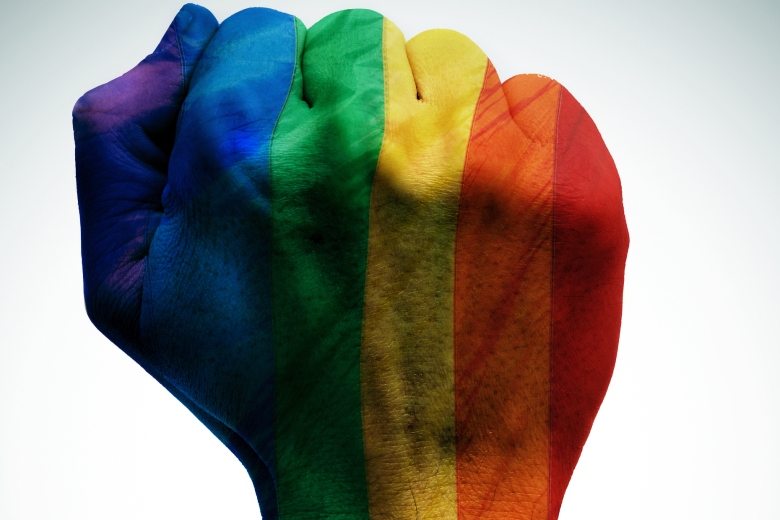Trinidad and Tobago is a multicultural and multi-religious country. In every facet of life you see tolerance and understanding, however tolerance is not often manifested when it comes to the rights of lesbian, gay, bisexual or trans-gendered persons in this country.
Student Attorney Janielee Kelly looks at the law as it relates to the LGBT community in Trinidad and Tobago for the Hugh Wooding Law School Human Rights Law Clinic. Janielee’s article was published on Monday 9th November, 2015, in the Trinidad Guardian Newspaper.
This article examines some of the laws in Trinidad and Tobago as they relate to or impact on lesbian and gay people. Many of the laws appear to be intolerant of or simply do not afford rights to the LGBT community which others have and enjoy.
Dispelling a common misconception regarding homosexuality
A common misconception is that a person’s status as a homosexual is against the law. However, there is no law that deems homosexuality illegal. There are, however, laws that deem buggery an act often associated with homosexuality illegal.Anti-Sodomy Laws
Section 13 (2) of the Sexual Offences Act Chap. 11:28 defines buggery as sexual intercourse per anum by a male person with a male person or by a male person with a female person. Section 13 (1) makes buggery an offence and makes any person who is found guilty of buggery liable on conviction to imprisonment—
• if committed by an adult on a minor, for life;
• if committed by an adult on another adult, for 25 years; and
• if committed by a minor, for five years.
In addition, there are also laws that restrict homosexual couples’ ability to get married in Trinidad and Tobago.Laws governing marriage are limited to heterosexual marriage (male and female)
While the Marriage Act Chap. 45:01 does not expressly specify that parties to a marriage must be male and female, Section 13 (1) (c) of the Matrimonial Proceedings and Property Act Chap. 45:51 provides that a marriage shall be void on the ground that the parties are not respectively male and female.What does this mean for same-sex couples?
This has an impact on the everyday lives of same-sex couples who wish to be married but are prevented from doing so by law. Unmarried same sex partners have:
• a lack of rights to inherit property from their partner unless a will is written;
• a lack of economic benefits which spouses are entitled to by virtue of their marriage; and
• a lack of next of kin rights since a partner in the relationship is not given the status of wife or husband who is able to make important legal decisions on the other’s behalf (for example when one partner is incapacitated).Immigration
Gays and lesbians who are not citizens or residents of Trinidad and Tobago fall within a class of people who are prohibited from entering the country.Section 8 (1) (e) of the Immigration Act Chap. 18:01 provides that prostitutes, homosexuals or people living on the earnings of prostitutes or homosexuals, or people reasonably suspected as coming to Trinidad and Tobago for these or any other immoral purposes, are prohibited from entering the country.
Although it appears that this law is rarely enforced, it remains on the law books.
The significant discrimination that would result if it were enforced is readily apparent.
“Sexual orientation” not included in Equal Opportunity Act
Despite the fact that the Equal Opportunity Act Chap. 22:03 is the main piece of legislation in Trinidad and Tobago designed to protect all citizens from certain kinds of discrimination, “sexual orientation” is explicitly excluded from the statuses protected under Section 3 of the Act.This means that gays, lesbians, bisexuals and transsexuals are not protected against discrimination by laws that were designed to do just that.
Students of the Hugh Wooding Law School Human Rights Law Clinic were each given the opportunity to write an article for the “Law Made Simple” column in the Trinidad Guardian newspaper.
These topics ranged from analysis of specific legislation, to general legal concepts. The aim of this exercise was to teach the students how to write about complex legal issues, for the average newspaper reader.
This article was re-published with permission from the Human Rights Law Clinic.




